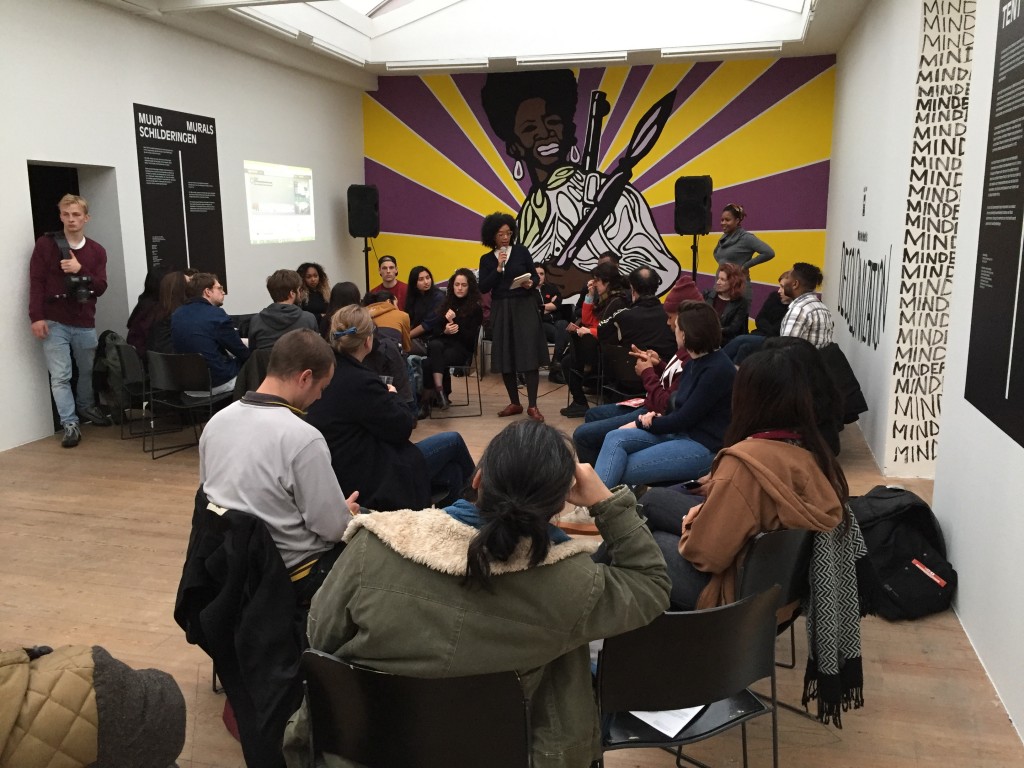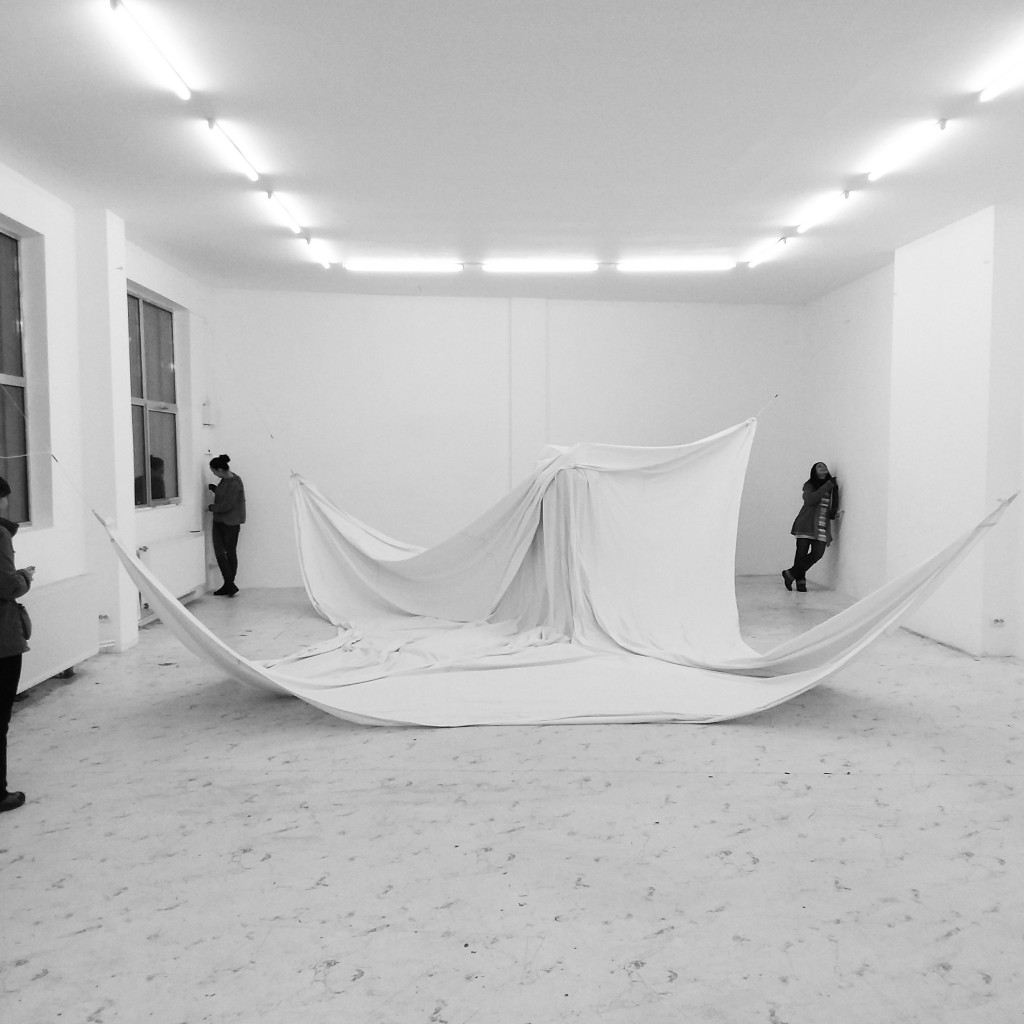Taking the thematic issue Inside the Mezosfera (published in September 2016) as a point of departure, we have invited contributors to reflect on the themes that the preceding issue’s essays bring forward—including unlearning, independence, “unacademia, resistance, or walking theory”—as well as a concept of the mezosfera we have proposed. An overarching theme that has emerged in the texts are the contradictions and complexities of the state of independence, underlining the near omnipresence of the fragile, conflictual, and in-flux positions art and cultural workers assume.





